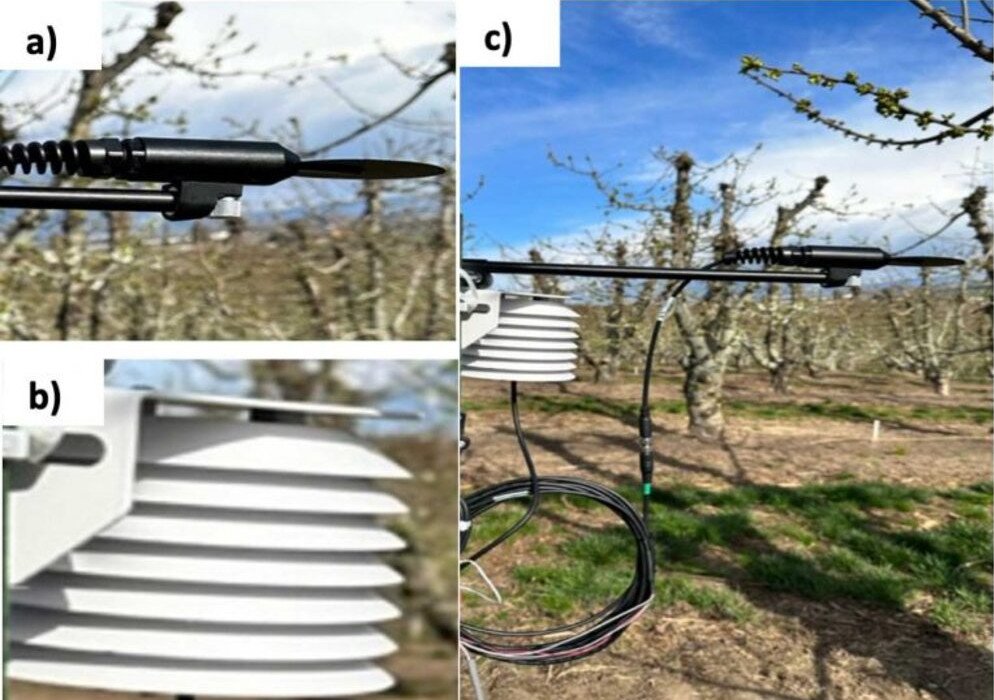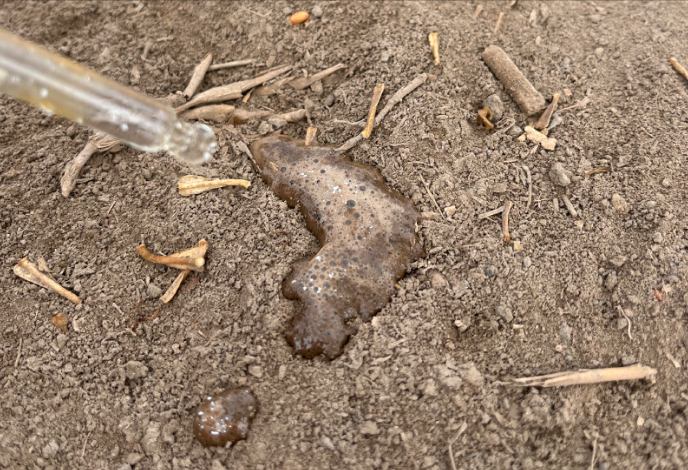Tarun Arora, director at the Indian company IG International, recently announced "a groundbreaking development in the Indian agricultural sector: the successful propagation of Maxma® 14 rootstock for cherries through tissue culture".
According to Tarun Arora "this achievement marks a significant milestone as India sets its course towards becoming a leading producer of high-quality cherry trees and cherries themselves. The introduction of Maxma® 14 rootstock in India holds immense potential for revolutionizing the cherry cultivation landscape. With its proven ability to enhance yield, disease resistance, and overall tree vigor, this rootstock promises to elevate the quality and productivity of cherry crops."
The director of IG International declared "this remarkable feat, made possible by cutting-edge tissue culture techniques, is a testament to the continuous advancements and innovative approaches embraced by India's horticulture sector. The successful propagation of Maxma® 14 rootstock showcases our commitment to leveraging modern techniques and research to drive agricultural excellence and meet the rising demands of a global market."
Furthermore, according to Mr. Arora, "as we witness India's trajectory towards development in cherry production, it is essential to recognize the tremendous potential this holds for our country's economy and agricultural landscape. The cultivation of cherries offers promising opportunities for farmers, creating new avenues for growth, employment, and income generation.
Moreover, the export potential of Indian cherries holds immense promise, further strengthening our position on the global stage. I extend my heartfelt congratulations to all the scientists, researchers, and experts involved in this groundbreaking achievement. Your dedication, expertise, and hard work have paved the way for a vibrant cherry industry in India."
Cherry production in India is still in its early stages, and according to FAO the country is in 30th place in the global ranking of producing countries, with a harvested volume of about 11,000 tonnes on an area of about 3000 hectares.
According to local press, almost all of India’s cherry production was centered around four districts of the Kashmir Valley, namely Ganderbal (3,610 MTs), Shopian (3,000 MTs), Srinagar (~1,500 MTs) and Baramulla (~1,500 MTs).
With a short cultivation and harvest cycle, cherries are primarily harvested in the warmer months during the local Ratkol crop cycle (Mid May-July), which is when they enter the market.
Cherry cultivation has shown significant fluctuation in recent years due to extreme weather events, lack of adequate demand, absence of perishable storage and transport infrastructure, and a general preference for other horticultural crops such as apples and plums.
Cherry Times - All rights reserved










